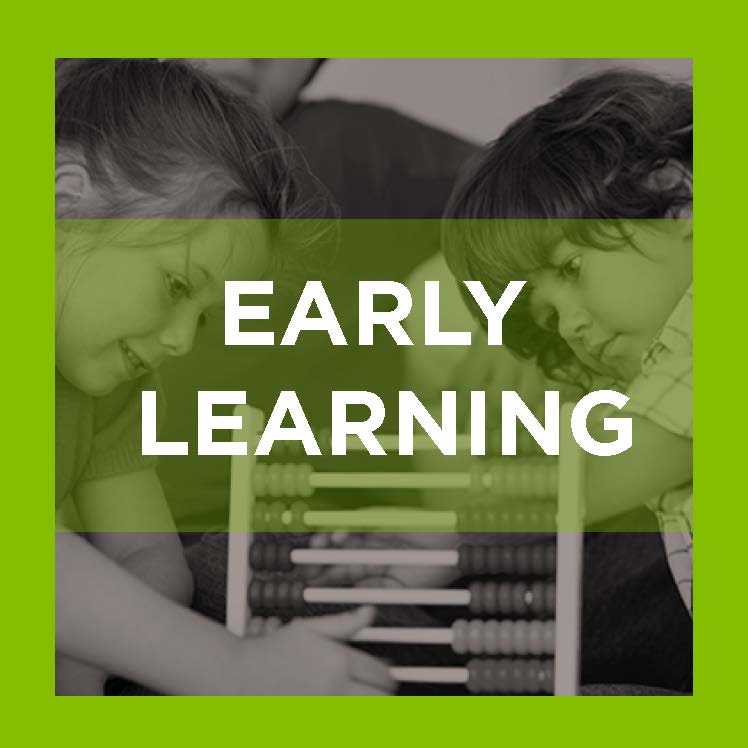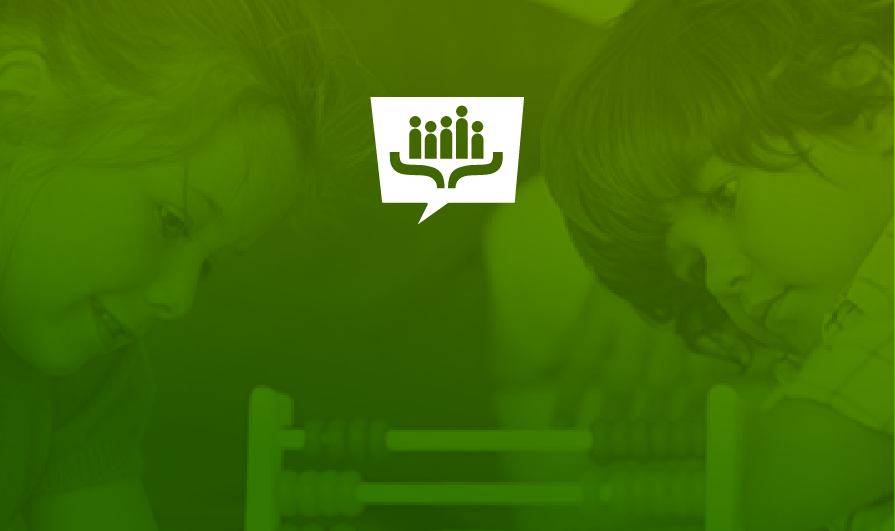Increased suspensions and expulsions in the early childhood space, particularly of minority students, have pushed states, districts and schools to reevaluate discipline policies. After an era of several zero-tolerance discipline policies, many are now looking to restorative justice programs that focus on furthering the social-emotional development of young students.
At least 13 states require teachers in K-3 to have training in social-emotional development. Additionally, states are equipping teachers and schools with tools to reduce early childhood education suspensions and expulsions, as these repercussions can affect a student’s educational trajectory. In further developing these plans, states suggest that schools have clear policies regarding discipline, communication with families, provide workforce development for teachers and use data to inform their discipline processes.
The issue of equity continues to be a primary concern in early childhood education practices. Research examining racial and gender discrepancies shows that certain groups are more likely to face exclusionary discipline policies than others. This data highlights that students of color are almost four times as likely to be suspended compared to their white counterparts. Additionally, students with disabilities and English language learners are more likely to be suspended. Exclusionary discipline in the early years alters the trajectory of success for these students greatly.
At the federal level, the United States Departments of Health and Human Services and Education have released a joint policy statement regarding suspensions and expulsion in early childhood education. This statement provides recommendations, as well as resources, to curb exclusionary discipline practices. It also provides varying supports for families, teachers, programs and states looking to further examine their suspension and expulsion data.
Some states have implemented laws that address suspensions in preschool. Connecticut passed a law that prohibits out of school suspensions and expulsions in preschool through second grade except under certain conditions, such as gang involvement or violence. In order to do so, the Connecticut Department of Education has built the Early Childhood Consultation Partnership which works with early childhood teachers to provide professional development and support for early interventions for students.
Districts, schools and teachers are also trying to be more innovative in their efforts to curb suspension and expulsion rates. One school in Baltimore recently implemented a mindful moment room for students to meditate and breathe instead of using more reactive, punitive discipline. Schools implementing similar practices have noticed decreases in suspensions, in addition to increased self-awareness in their students.
Many schools are implementing the pyramid model- a multi-tiered system that provides teachers with both resources for student’s social and emotional needs, as well as behavioral supports. The pyramid model begins by implementing the practices needed for the social development of all students, followed by targeted supports for students beginning to need behavioral supports, and ends with targeted supports for the few students who need more individualized behavioral and emotional supports.
The discussion regarding student suspensions and expulsions in the early years is moving from reactive to preventative in an effort to reduce the number of students entering the school to prison pipeline. Expulsions are not always necessary and the efforts to better equip teachers and administrators with the knowledge and skills they need to support struggling children, and to provide students with the social-emotional skills necessary to participate in school, are necessary if our society is serious about every student succeeding.





